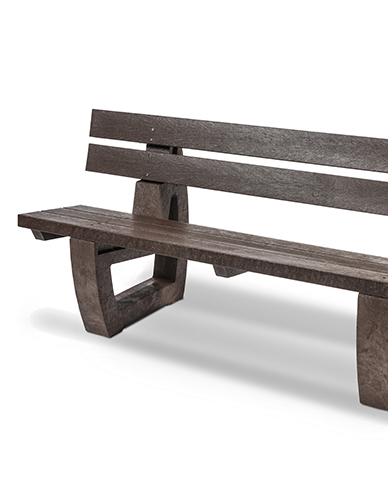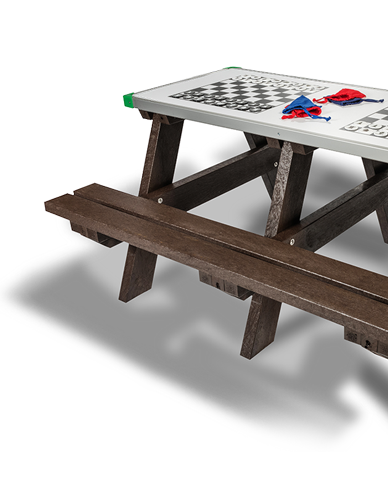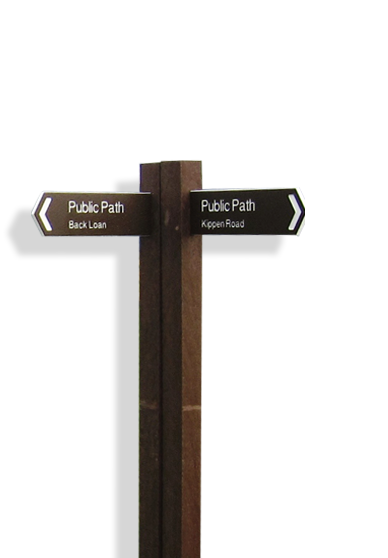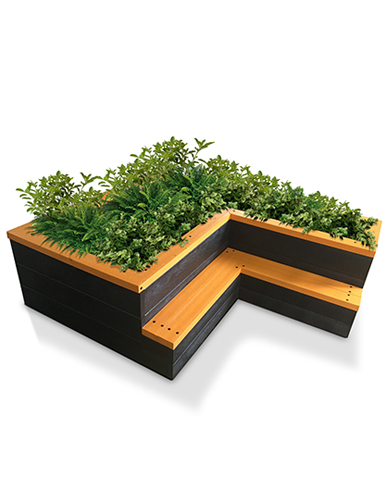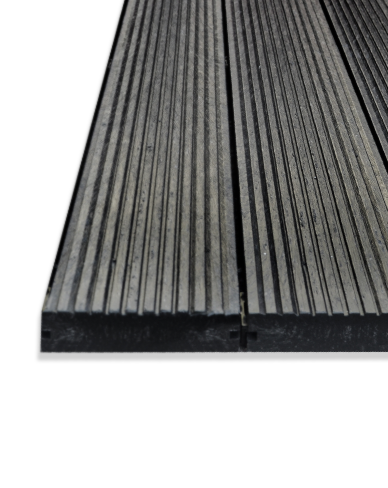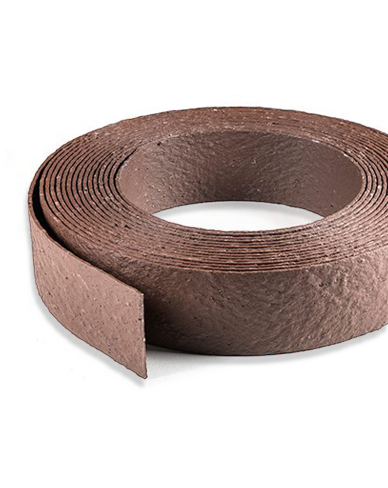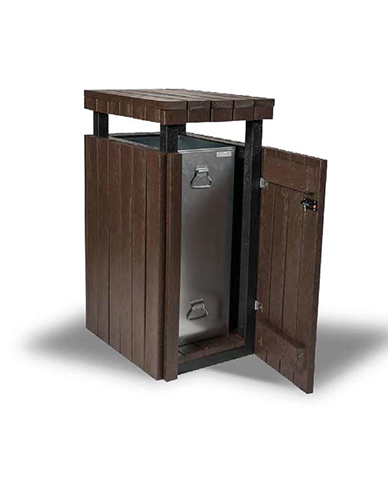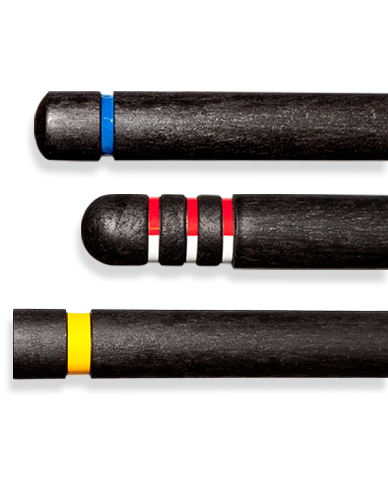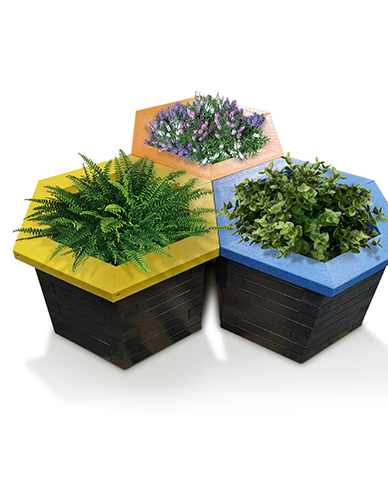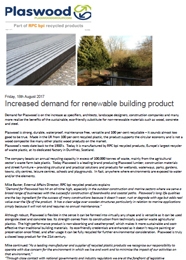Demand for Plaswood is on the increase as specifiers, architects, landscape designers, construction companies and many more realise the benefits of the sustainable, eco-friendly substitute for non-renewable materials such as wood, concrete and steel.
Plaswood is strong, durable, waterproof, maintenance free, versatile and 100 per cent recyclable – it sounds almost too good to be true. Made in the UK from 100 per cent recycled plastic, the product supports the circular economy and is not a wood composite like many other plastic wood products on the market.
Plaswood’s roots date back to the 1980’s. Today it is manufactured by RPC bpi recycled products, Europe’s largest recycler of waste plastic, at its dedicated factory in Dumfries, Scotland.
The company boasts an annual recycling capacity in excess of 100,000 tonnes of waste, mainly from the agricultural sector’s waste farm bale plastic. Today Plaswood is a leading brand producing Plaswood lumber, construction materials and street furniture – providing structural and practical solutions and products for wetlands, waterways, parks, gardens, towns, city centres, leisure centres, schools and playgrounds. In fact, anywhere where environments are exposed to water and/or the elements.
Mike Baxter, External Affairs Director, RPC bpi recycled products explains
“Demand for Plaswood has hit an all-time high, especially in the outdoor construction and marine sectors where we serve a broad range of businesses with the successful construction of boardwalks and coastal paths. Plaswood’s long life qualities are the key ingredient for the success of many constructions because it doesn’t wear, rust or degrade with age but adds real value over the life of the product. It has a clear edge over wooden structures particularly in relation to marine applications simply because it will not rot and requires no annual maintenance.”
Although robust, Plaswood is flexible in the sense it can be formed into virtually any shape and is versatile as it can be used alongside steel and concrete too. Its strength comes from its construction from technically superior waste agricultural plastics. The high-performance product is non-absorbing and weatherproof, which makes it more sustainable and costeffective than traditional building materials. Its eco-friendly credentials are enhanced as it doesn’t require painting or preservation once fitted, and after usage it can be fully recycled for further environmental consideration. Plaswood is truly a closed loop product for the 21st century.
Mike continued: “As a leading manufacturer and supplier of recycled plastic products we recognise our responsibility to operate with due concern for the environment in which we live and work and to minimise the impact of our activities on that environment,”
“Through close contact with national governments and industry regulators we are at the forefront of legislative developments. We continue to develop our processes and working practices to meet, as a minimum standard, both our legal and social obligations.
“We continually seek to improve our performance by setting objectives and targets combined with clear management programmes and initiatives to minimise our impact on the environment. The market for more sustainable construction and building materials continues to grow; we will invest and enlarge our production facilities to meet this increased demand for our products.”
Download the Increased demand for renewable building product Datasheet
















